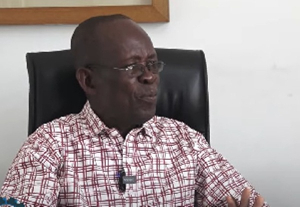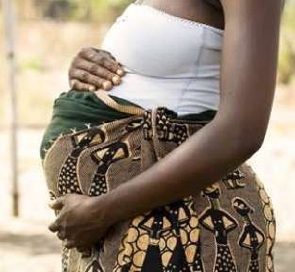Ghana’s Non-State Actors, (NSA) a coalition of Health and Gender activists, is participating in the fourth Annual Anglophone Civil Society and Community Group Learning and Experience Sharing forum, which is underway Nairobi, Kenya.
The forum, being hosted by the Eastern Africa National Network of AIDS and Health Service Organizations (EANNASO), aims at having a regional response that contributes to effective halting and reversing of the trends of the AIDS epidemics, Tuberculosis and Malaria in Africa.
More than 80 participants from 25 African countries are attending the two-day forum being organised in collaboration with the Kenyan AIDS Non-governmental Organisation Consortium (KANCO) and the Global Fund.
Mrs Cecilia Senoo, President of NSA-Ghana, in a presentation, outlined various programmes and measures being rolled out in Ghana under a partnership with the government and the civil society groups in managing and addressing the three diseases.
She said the Ghana Health Service had partnered civil society and trained some key population members as paralegals who champion their human rights issues.
There were also TB Champions, comprising cured TB patients, who embarked on community education and mobilised TB patients to seek better treatment and reduce stigma.
As part of the forum, participants share their experiences and best practices, while they take stock of “what worked well and what challenges persist in the 2017-2019 Global Fund grant cycle”.
They would also discuss strategies for strengthening the engagement of Civil Society and Community Groups in the Global Fund’s 2020-2022 funding request development process in their respective countries.
Dr Gemma Oberth, Coordinator of the Regional Platforms, and Community Rights and Gender Strategic Initiative, the Global Fund, said such regional fora had provided a good feedback on activities of countries and of civil society organisations’ contributions toward the national efforts at managing HIV and AIDs, TB and Malaria.
She said: “There have been real results as people meet to discuss and share their experiences and challenges on managing the three diseases”.
She urged the participating organisations and personalities to harness the opportunities of the Global Fund and of member countries to help in the fight of diseases among vulnerable groups and key populations in Africa.
According to Dr Oberth, the Global Fund allocated four billion dollars every year towards AIDS, TB and Malaria activities globally, and appealed to African countries to be more proactive in allocating resources towards the management of the diseases, especially HIV, which continued to record new infections daily.
She urged countries to partner with civil societies and community rights and gender groups at the community level, to help do away with stigma, and human rights abuses among key populations and vulnerable groups in Africa.
Key populations are noted to face much higher rates of HIV and AIDS than the general population and are most at risk for contracting HIV.
UNAIDS identifies key populations as female sex workers, men who have sex with men and injecting drug users.
EANNASO, as the host of Anglophone Africa Platform CRG Strategic Initiative (CRG SI), on behalf of the Global Fund AIDS, TB and Malaria (GFATM), plays a key role in enhancing knowledge and improving meaningful engagement of communities through creating the space for dialogue sharing forum.
Health News of Thursday, 3 October 2019
Source: ghananewsagency.org













